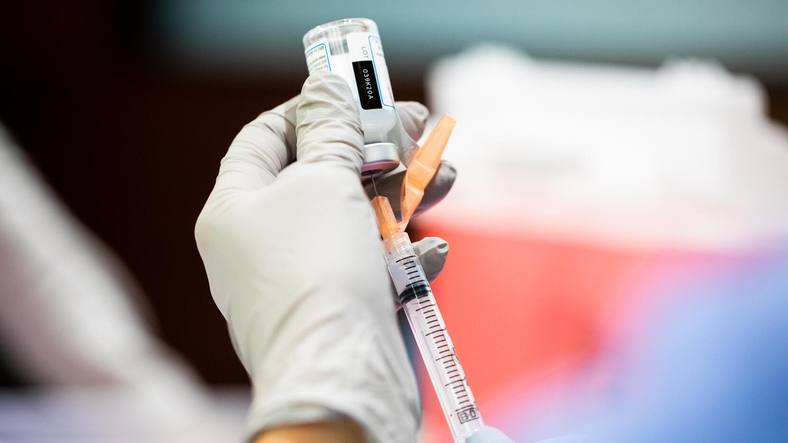Breaking down the booster terminology for COVID-19 vaccines


Breaking down the booster terminology for COVID-19 vaccines
Aug. 18, 2021
COVID-19 vaccine boosters are being recommended eight months after a person's second dose of a COVID-19 vaccine.
"A vaccine booster dose is generally an additional dose above and beyond the primary series needed to achieve protective immunity," says Dr. Gregory Poland, an infectious diseases expert and head of Mayo Clinic's Vaccine Research Group. "So the dose that was approved this past week would be better classified as an 'additional dose' for those who are moderately to severely immunocompromised."
Dr. Poland says those people will have already received two doses, but they need the additional dose in order to improve their immune response to the vaccine.
Dr. Poland continues, "Offering a third dose of the same vaccine to older adults, health care providers and essential workers, that would be a 'booster dose.' Then if we used a variant-specific vaccine, which researchers are working on, that would be called a 'variant booster dose,'" says Dr. Poland.
In this Mayo Clinic Q&A podcast, Dr. Poland talks extensively about additional and booster doses of the COVID-19 vaccines, and he discusses the latest COVID-19 research regarding pregnancy and fertility. He also addresses concerns about the variants that experts are predicting will come after the current delta variant.
"So, for the unvaccinated they keep moving into more and more dangerous phases of the pandemic, as each new variant arises," says Dr. Poland.




